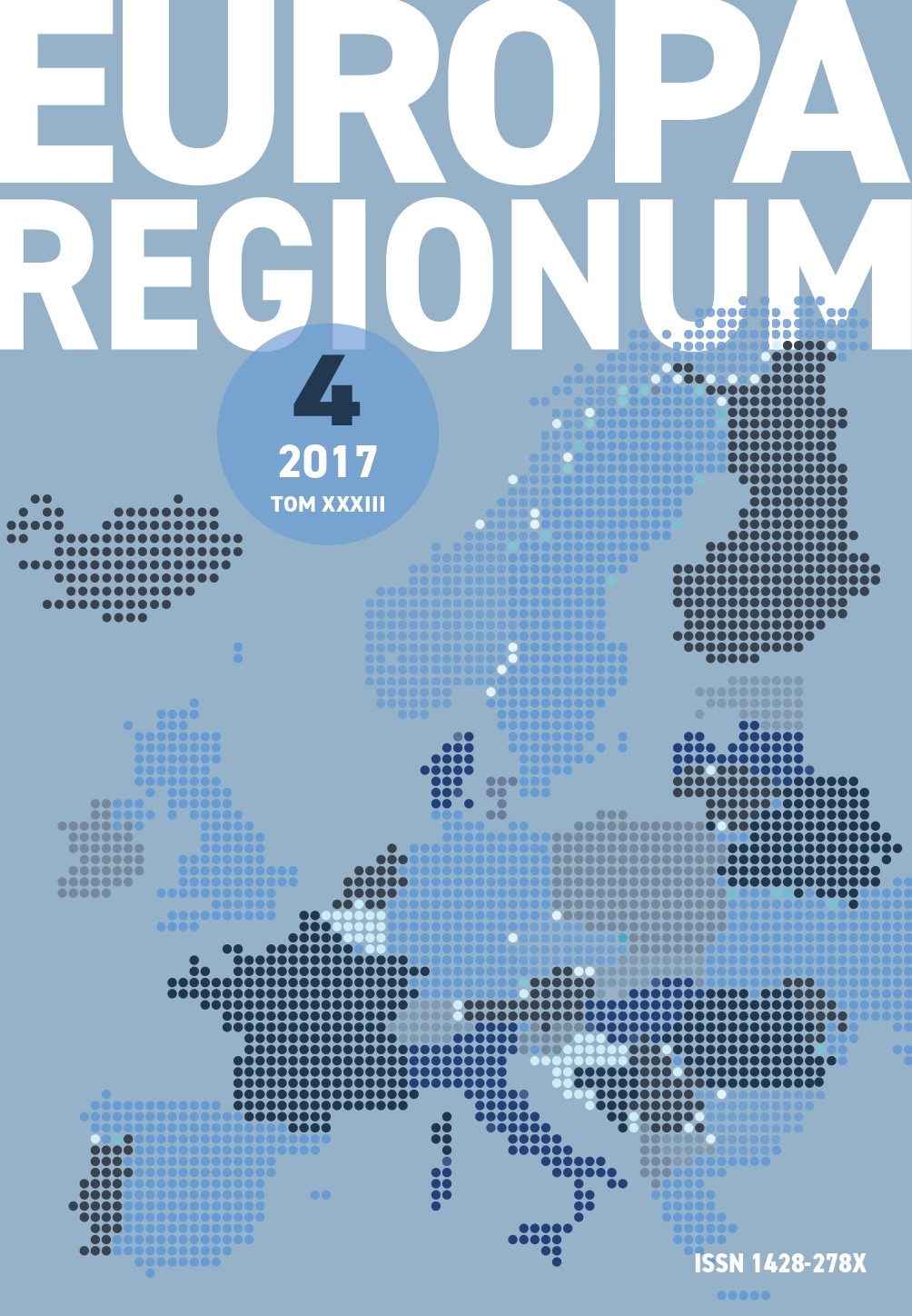Rola funduszy unijnych w podnoszeniu innowacyjności łotewskiej gospodarki
The role of EU structural funds in improving innovativeness of Latvian economy
Author(s): Jakub SawulskiSubject(s): Economy, Business Economy / Management
Published by: Wydawnictwo Naukowe Uniwersytetu Szczecińskiego
Keywords: innovation; R&D; efficiency
Summary/Abstract: Latvia was one of the EU countries strongly affected by the global financial crisis. During a deep recession in years 2008–2010, public authorities significantly reduced public funds for science and introduced new system of financing for this sector. These reforms coincided with growing inflow of EU structural funds for innovation. As a result, whole science sector faced important changes in the way of financing of research activities. The aim of the article was to answer the question, how the described changes in Latvian innovation policy influenced the efficiency of R&D expenditure in the economy. Firstly, the economic situation in Latvia in years 2004–2014 was pictured, and the evolution of R&D expenditure structure was analysed. Secondly, selected programs of support for science sector from EU structural funds were described. Thirdly, using the statistical data the efficiency of R&D expenditure in Latvian economy in three time periods – pre-crisis, during crises and post-crises – was evaluated. T he study shows that the results of R&D activity in Latvia (the number of scientific publications, the number of patents to European Patent Office and the value of high-technology exports) in relation to the amount of R&D expenditure were clearly higher in the years following the financial crisis than before and during the crisis. In post-crises period the calculated R&D efficiency ratios were also higher than the average in other EU countries. T he research may have some implications for public policies. Firstly, it has confirmed the rightness of measures taken in many countries in recent years to replace the institutional funding of research organisations by project funding. Secondly, it suggests that high share of foreign funding in R&D budgets positively influences the R&D expenditure efficiency. Thirdly, Latvian case shows that the development of human capital for R&D sector should play an important role in public policies for innovation. Finally, the results of the study may also be a part of the discussion on the role of the recessions in the process of economic development, as the experience of the Latvian economy shows that the crisis may be a good moment and a stimulus for conducting pro-efficient reforms in the R&D sector.
Journal: Europa Regionum
- Issue Year: 2017
- Issue No: 33
- Page Range: 127-136
- Page Count: 10
- Language: Polish

